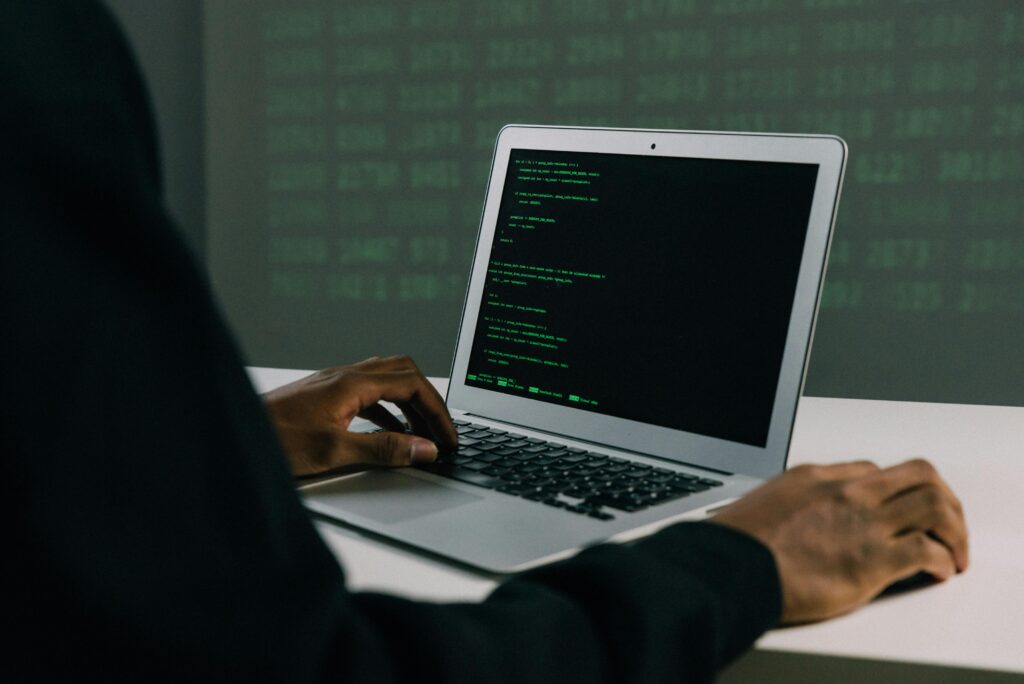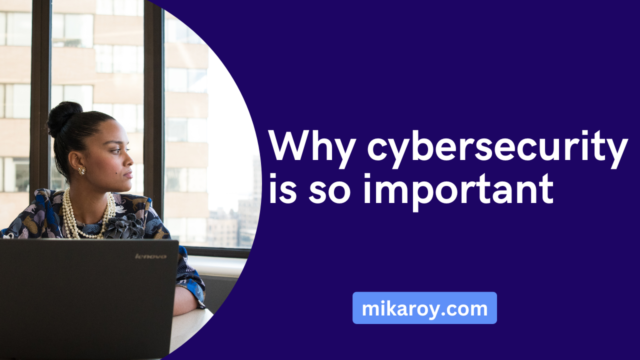In today’s digital age, safeguarding your data online is more critical than ever. With increasing cyber threats and identity thefts, knowing how to protect personal information on the internet can save you from significant trouble. This guide will provide you with 10 actionable tips to ensure your data safety online, covering everything from safe browsing practices to cybersecurity tools. What are the online fraud prevention tips that we will be talking about?

1. Use Strong and Unique Passwords
Passwords are the first line of protection for your online accounts. Weak or reused passwords make it easy for hackers to break into your accounts and access your personal information.
- Create strong passwords that include uppercase and lowercase letters, numbers, and special characters. Avoid using easy-to-get information like birthdays or pet names.
- Use a password manager: A password manager can help you generate and securely store unique passwords for each account.
- Update passwords regularly: Periodically change your passwords to enhance security.
2. Set up two-factor authentication (2FA).
Two-factor authentication adds an extra layer of security to your online accounts. It requires not only a password but also a second verification step, such as a code sent to your phone or email.
- Set up 2FA wherever possible: Most platforms, including Google, Facebook, and online banking services, support 2FA.
- Use authenticator apps: These are more secure than SMS-based codes, which can be intercepted.
3. Be careful when using a Public Wi-Fi
Public Wi-Fi networks are notorious for being insecure. Hackers can easily intercept data transmitted over these networks.
- Avoid accessing sensitive accounts: When using public Wi-Fi, do not log into your bank or email accounts.
- Use a VPN: A virtual private network encrypts your data, making it difficult for hackers to intercept your information.
- Turn off file sharing: Make sure your device is not unintentionally sharing files or information across the network.
4. Keep Your Software Updated Always
Outdated software can have vulnerabilities that hackers exploit to gain access to your devices or data.
- Enable automatic updates: Keep your operating system, apps, and antivirus software up to date.
- Promptly install security patches: Developers often release updates to fix known vulnerabilities.
5. Watch out for phishing scams.
Phishing scams trick users into providing sensitive information, such as passwords or credit card numbers, via bogus emails or websites.
- Verify email senders: Check for misspellings or discrepancies in email addresses.
- Avoid clicking on any suspicious links. Hover over links to see where they lead before clicking.
- Report phishing assaults: Notify the relevant platform or service about any phishing emails.
6. Limit Sharing Personal Information Online
The less personal information you disclose online, the lower your chances of data theft or misuse.
- Review privacy settings: Adjust your social media profiles to limit visibility to trusted friends or connections.
- Be selective: Only share personal information on trusted and secure websites.
- Be mindful of social media: Avoid sharing details like your address, phone number, or vacation plans.
7. Secure Your Devices
Unsecured devices are an easy target for hackers and data thieves.
- Set up device locks: You can secure your devices with PINs, passwords, or biometric locks (such as fingerprints).
- Enable remote wipe: In case your device is lost or stolen, a remote wipe feature can erase all data to prevent unauthorized access.
- Install antivirus software to protect your devices from malware and viruses that may compromise your personal information.
8. Use Secure Websites
When conducting online transactions or sharing sensitive information, make sure the website is secure.
- Avoid sharing sensitive information on unsecured sites: If a site doesn’t have HTTPS, reconsider providing any personal details.
- Check for a padlock icon: A padlock in the address bar signals a secure connection.
- Look for HTTPS: Secure websites have “HTTPS” in the URL, which indicates that the connection is encrypted.
9. Regularly Monitor Your Online Accounts
Keeping an eye on your accounts can help you detect unauthorized access or suspicious activity at an early stage.
- Check bank and credit card statements: Look for unexplained transactions.
- Review account activity: Many platforms provide a history of logins and actions performed on your account.
- Set up alerts: You can enable notifications for login attempts or transactions.
10. Educate Yourself About Cybersecurity
Knowledge is your best defense against cyber threats. Understanding the basics of internet safety can significantly reduce your risk of falling victim to data breaches.
- Take online courses: Learn about personal data protection and digital safety practices.
- Stay updated on trends: Follow reputable cybersecurity blogs and news outlets.
- Teach others: Share what you have learned with your friends and family to help build a safer online community.

Keeping your data safe online requires vigilance and proactive measures. By implementing these 10 tips, you can significantly enhance your online security and protect your digital identity. Every step you take, from using strong passwords and enabling 2FA to being cautious with public Wi-Fi and educating yourself about cybersecurity, helps to strengthen your defenses against cyber threats. If you want to stay for so long without getting any virus or exposing your computer to damage, you have to be extra careful with what you do online. And there are even companies that offer to assist in protecting your information without you stressing yourselves.
Stay safe, stay informed, and make your online experience secure by following these practices. Remember, your data is valuable—protect it with care. You can also check out the top video games we have all been waiting for, to be released soon.







